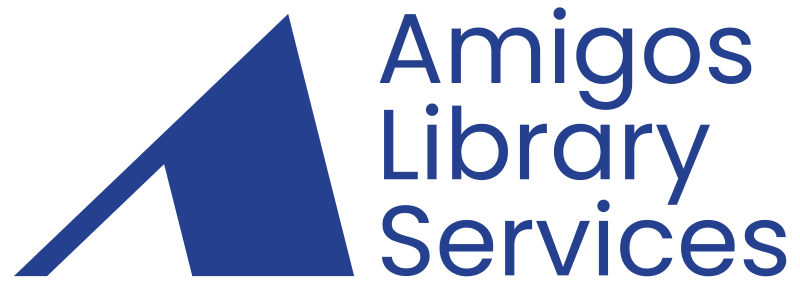Information Literacy in the AI Era: Navigating Digital Information with Critical Thought
How is artificial intelligence reshaping information literacy in our digital landscape? In this moment of rapid change, professionals must re-examine their own information literacy skills as they prepare to teach and support patrons and students. Through real-world examples, attendees will enhance their critical thinking skills to navigate misinformation, recognize deepfakes, evaluate large language model outputs, and build personal verification protocols suitable for teaching information literacy in the AI era.
